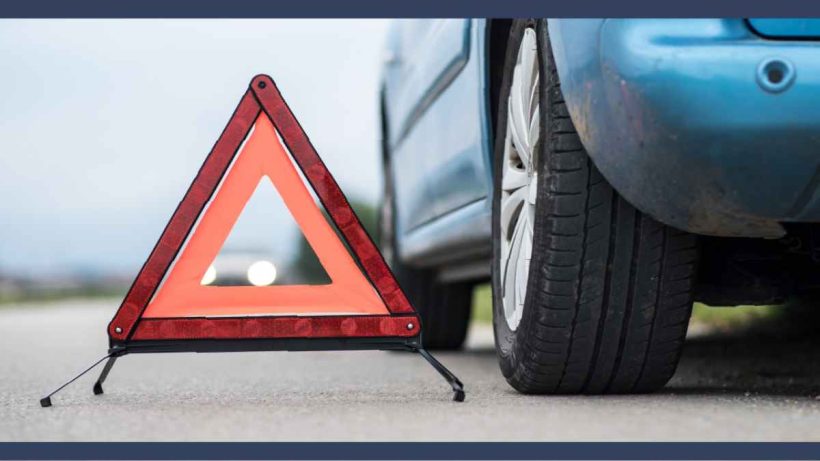Your injuries’ type and severity can significantly affect how you recover. If you have permanent disabilities or cannot work, your award will likely be higher than that of a victim who suffered less severe injuries.
A lawyer can level the playing field when negotiating with insurance companies. They know how to effectively present evidence and arguments to get you the maximum settlement possible.
Gather Evidence
Throughout a car accident case, the burden of proof lies with the person seeking recovery (called the plaintiff in a lawsuit). Therefore, collecting evidence as quickly and thoroughly as possible is essential. It can include medical bills and records, photographs of the scene and injuries, and witness statements.
Photograph the crash scene from multiple angles, focusing on damage to vehicles and their positioning concerning each other and nearby buildings or obstacles. Take pictures of any skid marks or impact debris as well.
Gather the names and contact information of eyewitnesses who saw the accident occur. You’ll need their testimony later to help establish fault for the accident. Also, obtain a copy of any law enforcement officer’s report on the incident. It will likely include a summary of what witnesses told the officer and the officer’s opinion on who caused the accident. It may also contain information from the vehicle’s event data recorder (“black box”). It is an electronic device that records speed, braking, and steering activity in the minutes leading up to the crash.
Communicate with Your Attorney
It might not be apparent when you go through the legal system for the first time. However, you can help your attorney by being a good communicator with them. It means being available to them when they need you, keeping all your appointments, and answering any calls or letters from their office.
It would be best if you also took the time to collect information from anyone who was at the scene of your crash. It includes the other driver’s insurance details, physical address and contact numbers, license plate number, and vehicle type. Also, you should speak to eyewitnesses and record their statements and any red light cameras or street cameras that may have recorded the accident.
Your lawyer W. Shane Jennings can help you reach a fair and quick settlement based on the property damage to your vehicle. They will also be able to explain what other damages you could receive, such as non-economic damages. It could involve discomfort, emotional hardship, or lifestyle restrictions.
Stay Quiet
While it may be tempting to apologize to the other driver or offer a hand of help, it is best not to say anything at the scene of the crash. Insurance companies use statements given at the accident site against injury victims later in the claim process.
Even if you think you’re being polite, do not discuss how the accident happened or estimate speeds at the crash scene. Insurance representatives may try to twist your words into admitting fault or lowering the value of your claim.
Taking pictures of the accident scene would also be a good idea, including skid marks, damage, and any street names or instructions. It’s also essential to see a doctor immediately after the accident and keep records of all treatment, which will prove that the collision caused your injuries. A knowledgeable car accident lawyer can also work to reduce lien amounts from healthcare providers.
Keep Records
Keeping accurate records is one of the best ways to help your attorney build your case for compensation. It includes car repair bills, medical expenses, and proof of lost income or future losses to your quality of life.
Keep all receipts for everything you spend related to the accident, including food and transportation costs for treatment, and if you have to hire additional help around the house due to your injury. You should also compile your medical files after every visit to a doctor and pharmacy for medication or other treatments.
Take plenty of pictures of the scene and any damage to your vehicle or personal property, as these will strengthen your claim. Documentation of your injuries can also benefit your lawyer when negotiating with insurance companies. Insurance companies often try to minimize your claims by claiming that your injuries were pre-existing or not as severe as you claim, so documentation can be vital in getting fair compensation.
Laila Azzahra is a professional writer and blogger that loves to write about technology, business, entertainment, science, and health.
